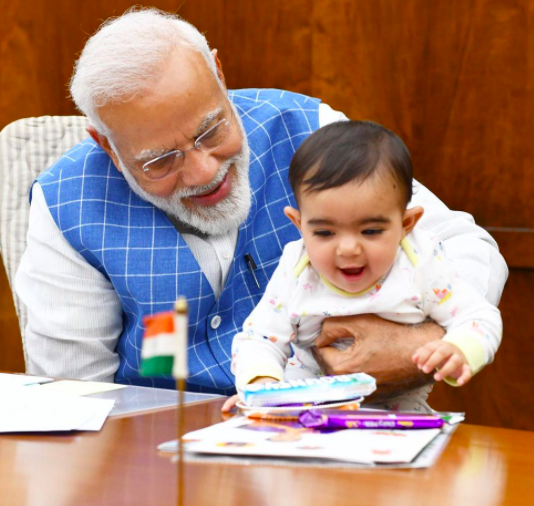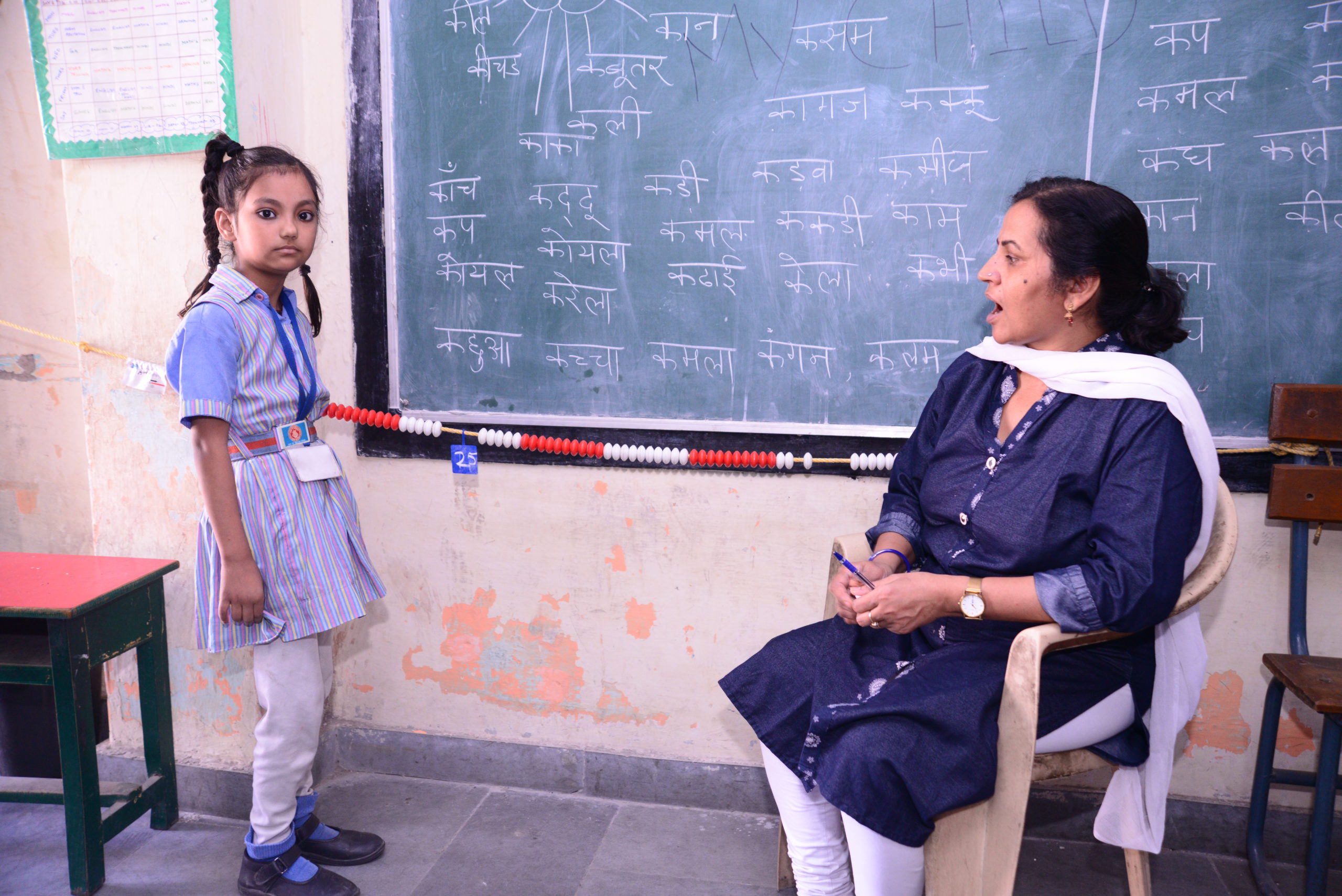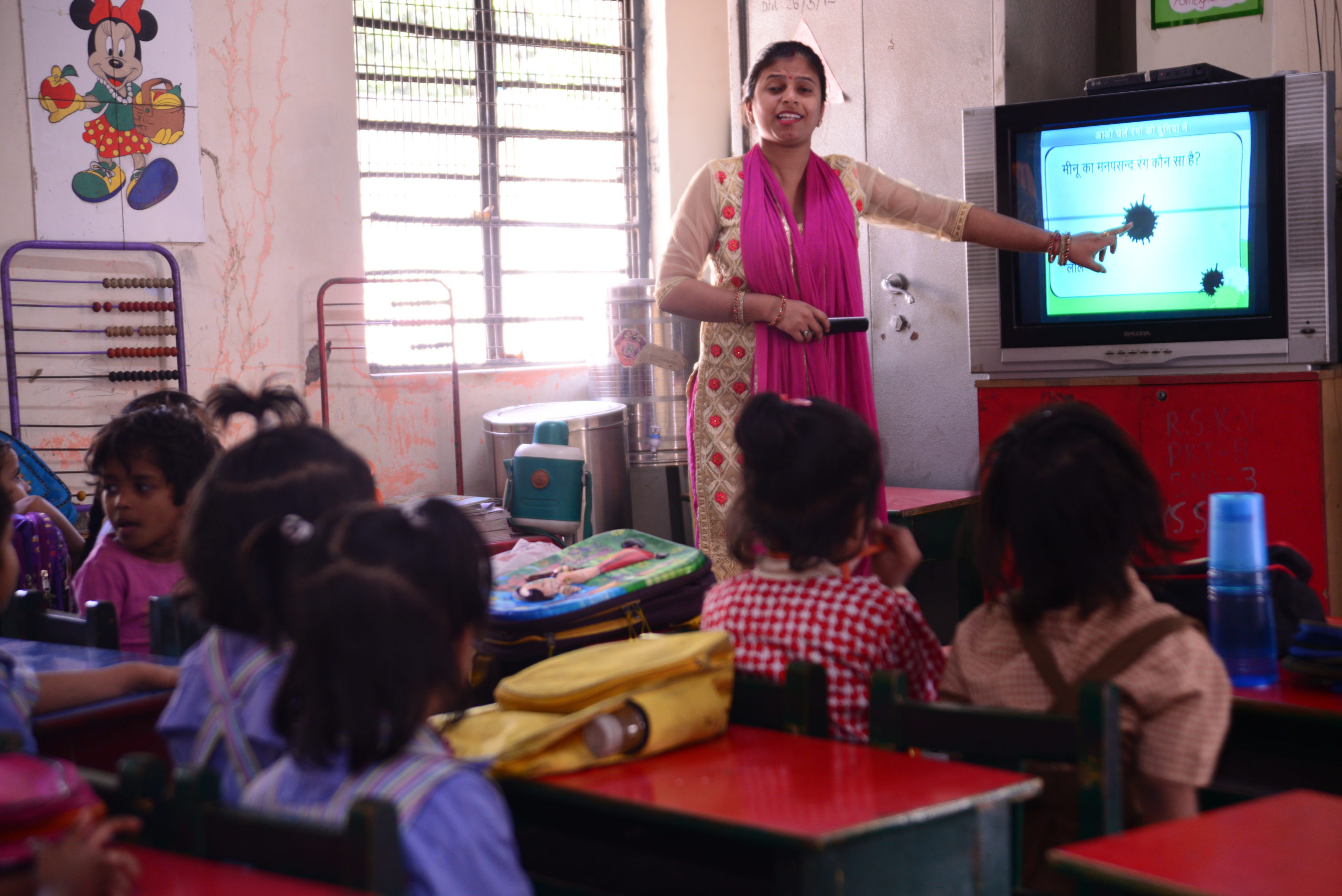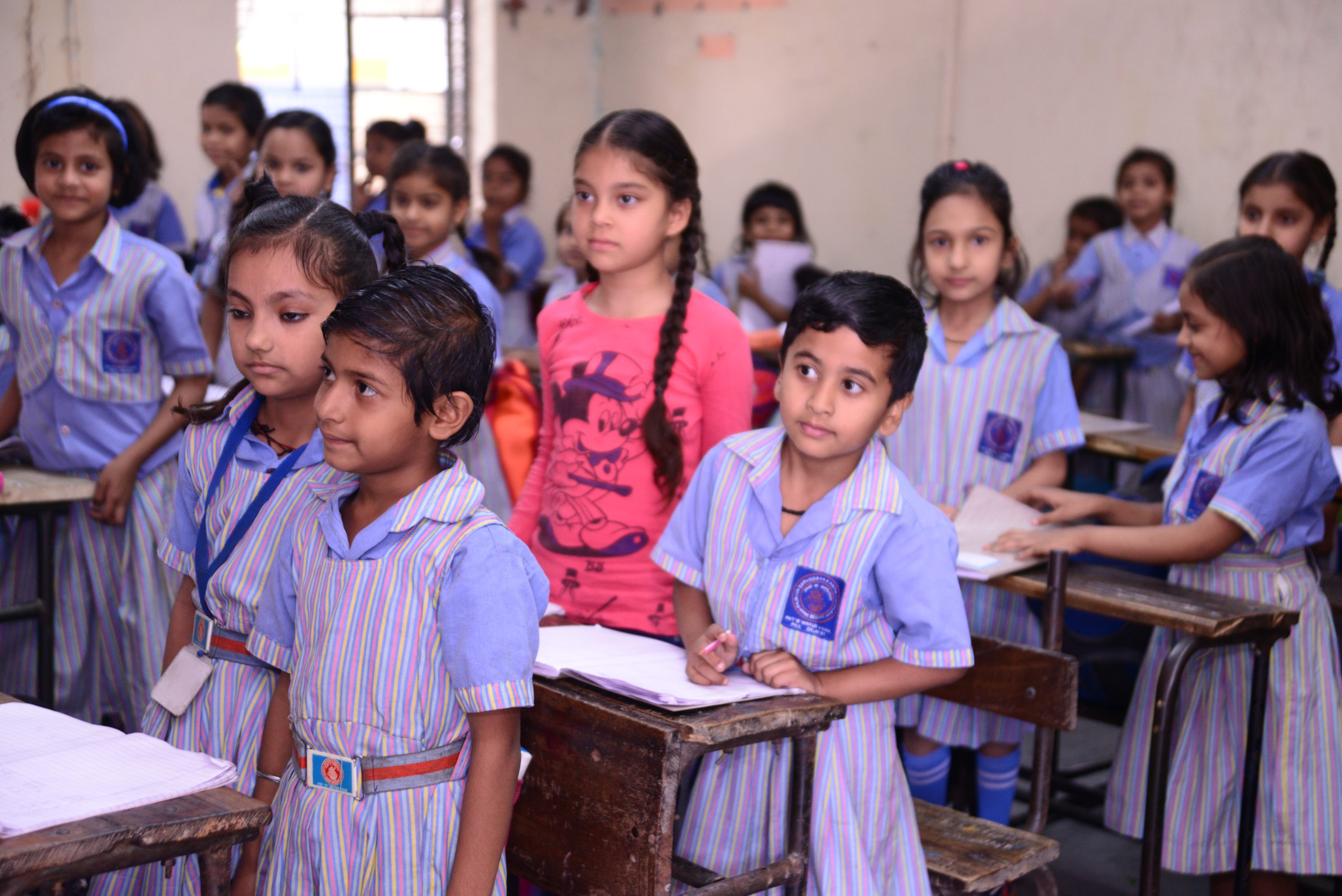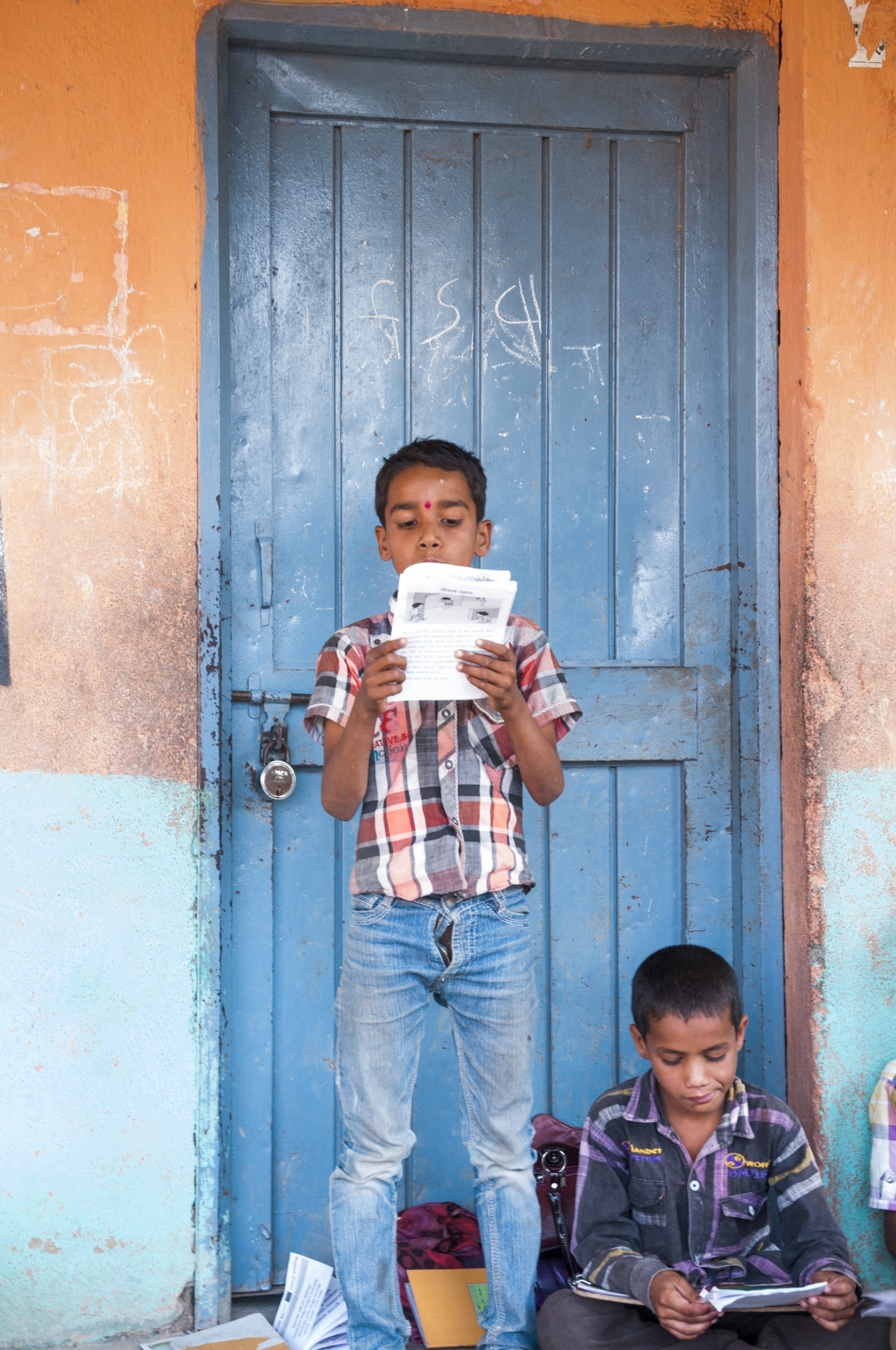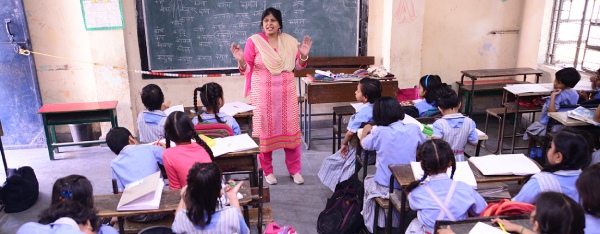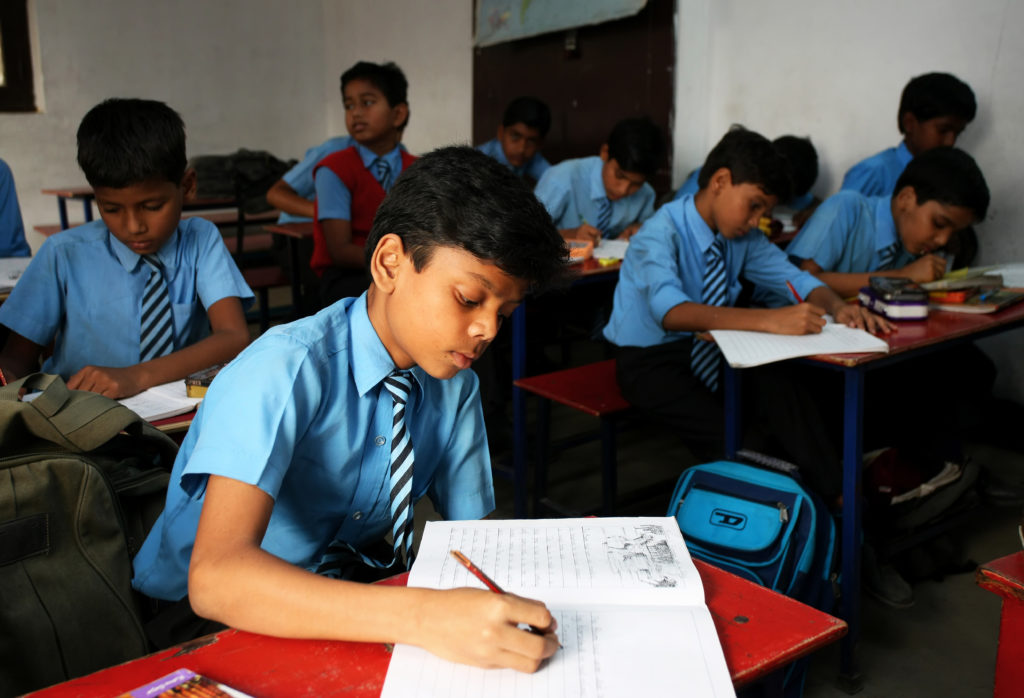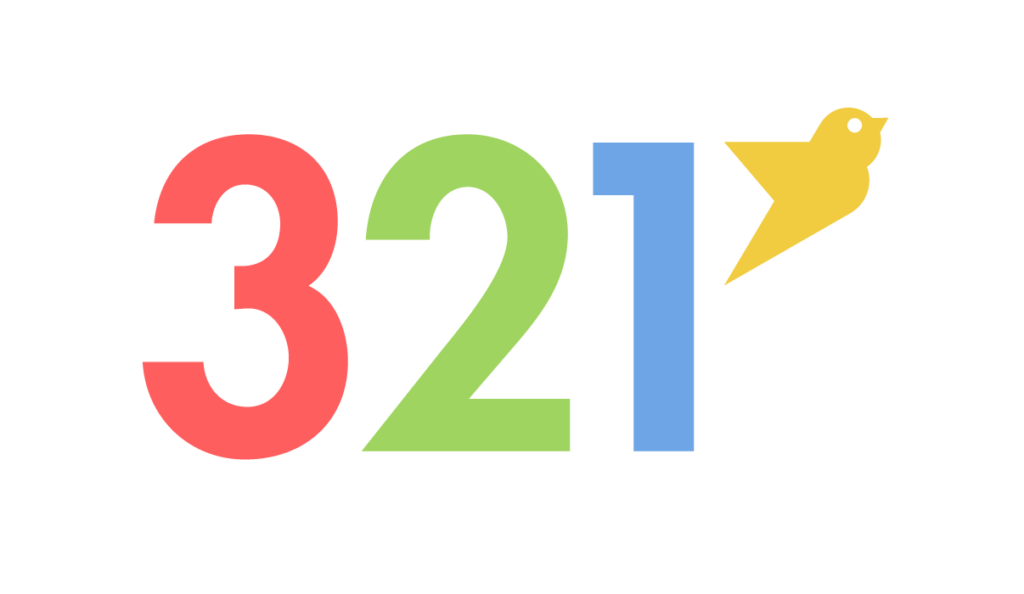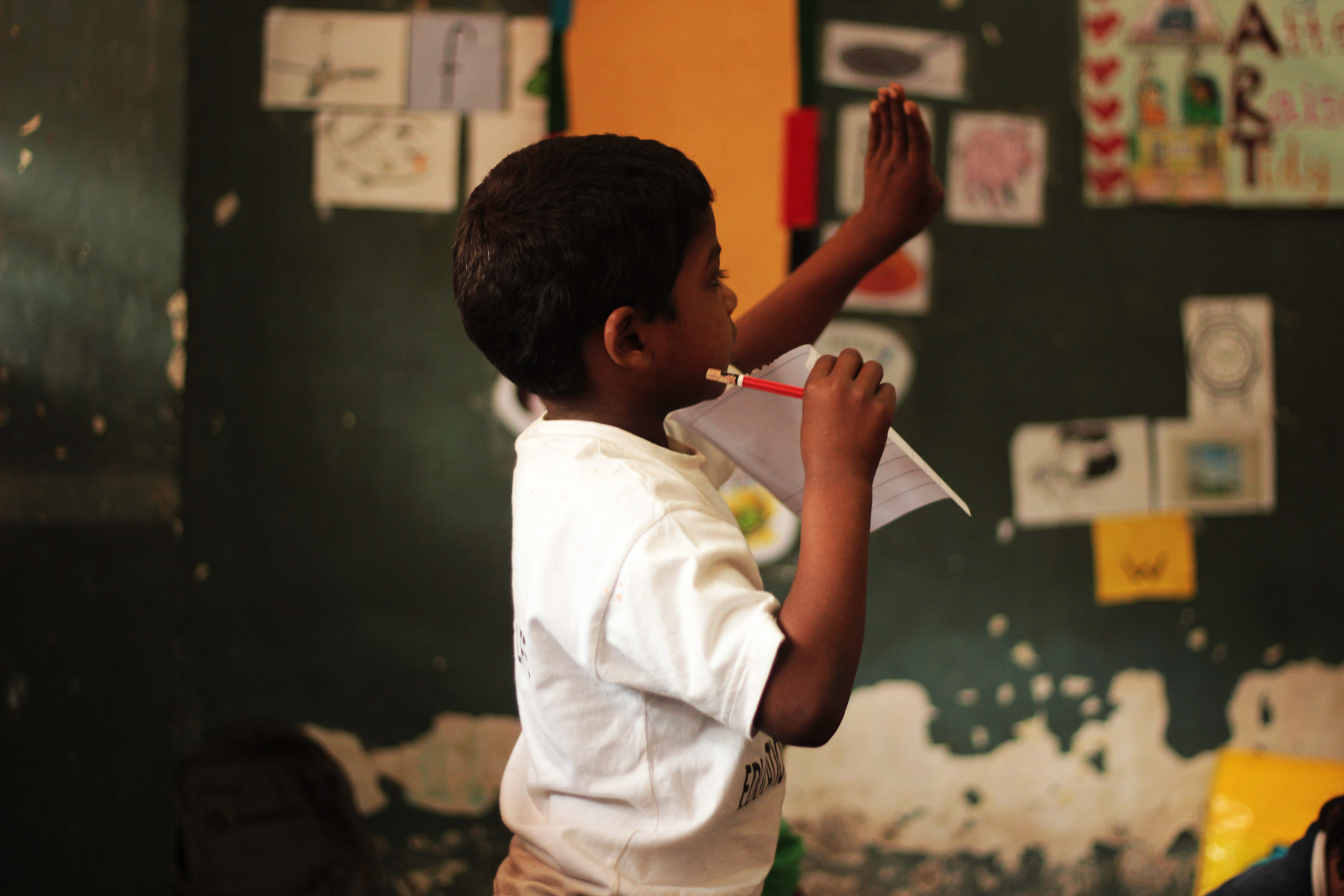
The new school structure by NEP2020 includes the newly added Foundational Stage for the first five years of the school life i.e. ages three to five years. This provision aims to curb the detrimental trend of the downward extension of primary curriculum to pre-primary classes that was resulting in over-load of teaching-learning content causing extreme stress and overwork to the early learners who were expected to master reading, writing, and numbers operations at pre-primary stage.

